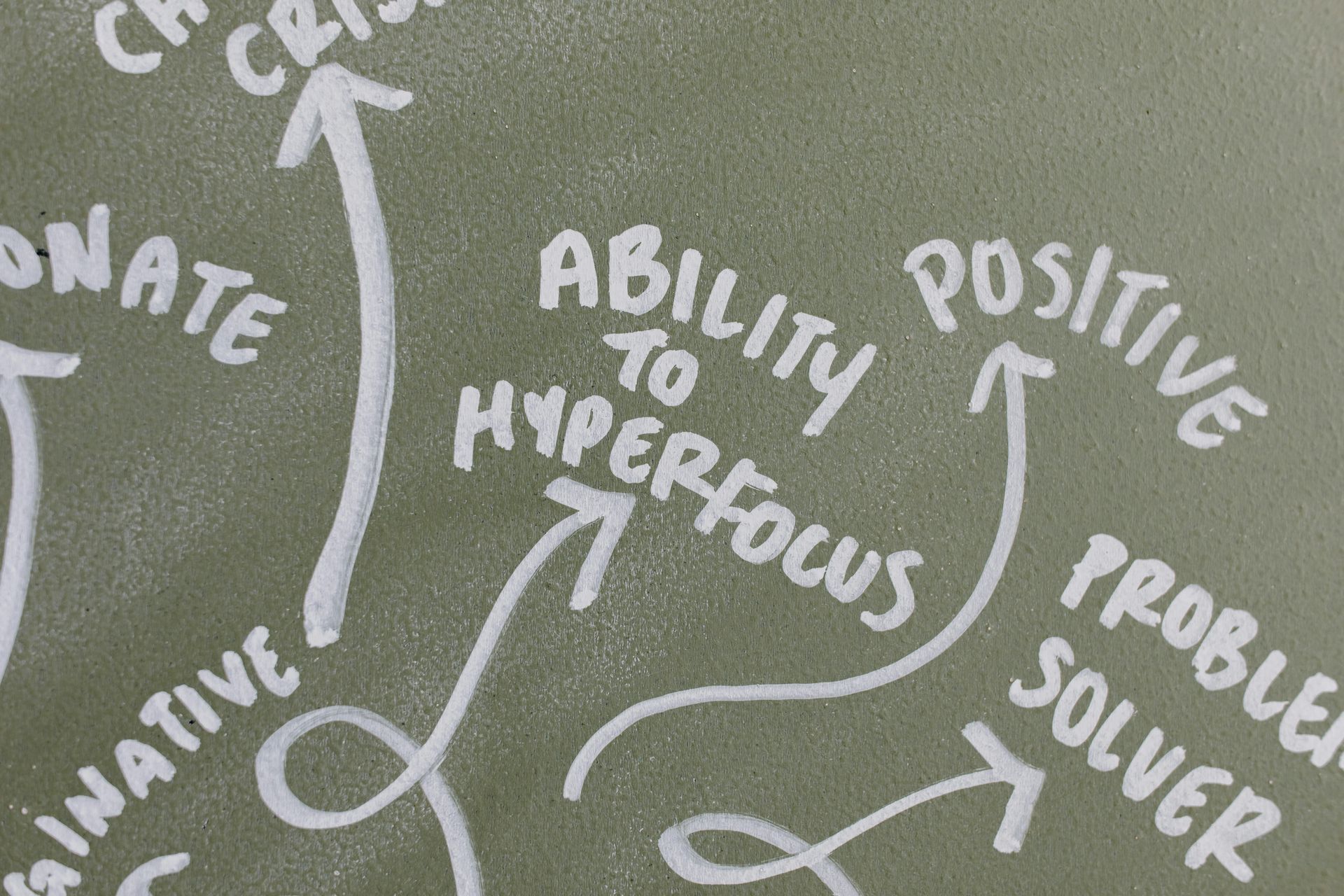Leadership traits required for enabling collective intelligence
The ten most significant shifts facing organizations today include “Leadership that
is self-aware and inspiring” - McKinsey & Company, The State of Organizations 2023. This study also found that only 25% of employees are inspired by the example set by their leaders.
Evidence is overwhelming that modern executives need to move beyond self-reinforced leadership styles that have roots in old-age management science.
Collective intelligence requires strong followship. “Vision without followship is delusion. Followship based on reality (not cultism) is rare” -
Georgie Dickins, Stratospheric CEO.
“The secret to becoming a truly transformative leader isn't about following someone else's playbook. Take time to analyze your past experiences and successes thoroughly <through Self-Reflection>” - Dr. Cheryl Robinson,
What’s Your Leadership DNA? How To Transform Executive Success, HBR
To be a winner who stays ahead of the curve, stratospheric aspirations are not enough. Sustainable performance requires a culture that is not cut-throat - this means being well-grounded (sustainable), humble and people-centric, but at the same time stratospherically passionate and forward-looking.
Research of 442 executives showed that the habit of reflection can separate extraordinary professionals from mediocre ones -
James R. Bailey and Scheherazade Rehman, Don’t Underestimate the Power of Self-Reflection
Enabling collective intelligence requires deep appreciation and respect for the nine laws of group dynamics as defined by Siobhán McHale in her book The Hive Mind at Work: Harnessing the Power of Group Intelligence to Create Meaningful and Lasting Change:
- Law of Patterns - Simple group rules produce complex behavior
- Law of Connectedness - All behavior ripples throughout the group
- Law of Role - Role powerfully influences behavior
- Law of Multiple Perspectives - Not everyone sees things the same way
- Law of Context - Group behavior is contextual
- Law of Embeddedness - Deeply embedded patterns resist change
- Law of Pattern Blindness - Group members can ignore the obvious
- Law of Unintended Consequences - Change efforts can produce unexpected outcomes
- Law of Tipping Point - Even small changes can have a big impact
Organizational and personal self-awareness and self-reflection are critical skills for mastering the nine laws of group dynamics.
Many people think of systemic self-reflection as an unnatural process and a chore. There are many performance related dangers of not resolving your relationship with this discipline:
- You can fall into the trap of groupthink and echo chambers because your personality will attract yes-men, and you won't be aware that the yeses you receive come with hidden costs that negate the promises made to you.
- You are likely to let go of people who are not of the same type of intelligence as yourself - this will lead you into doubling-down on understanding reality through only one perspective
- You are not going to be perceived by others as the listening leader and you will receive even less reliable data about what your teams are capable of
In the process of learning to be a better executive, it is important to treat the experience of other CEOs seriously, but not literally. The system of collective intelligence is a natural companion in this process and you can achieve multiple benefits with the same effort. Practice self-reflection through the same mechanism that enables organizational
collective intelligence - create a private and confidential journal for your own data-driven navigation through group dynamics and realities of the modern environment.



